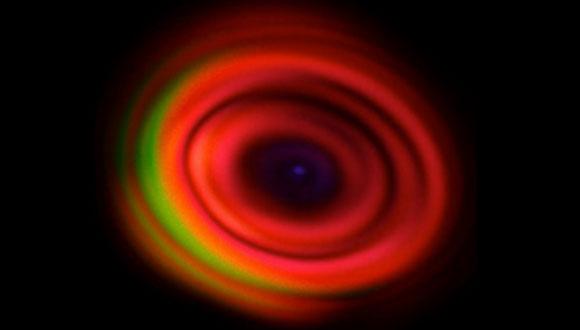LMI Seminar: Simulation, control and sensing in open quantum systems
Prof. Nir Bar-Gill, Applied Physics and Physics, The Hebrew University
Abstract:
The study of open quantum systems, quantum thermodynamics and quantum many-body spin physics in realistic solid-state systems, has been a long-standing goal in quantum and condensed-matter physics.
In this talk I will address these topics through the platform of nitrogen-vacancy (NV) spins in diamond, which have emerged over the past several years as well-controlled quantum systems, with promising applications ranging from quantum information science to magnetic sensing. I will first briefly introduce the NV center system, as well as the experimental methods used for measuring NVs and controlling their quantum spin dynamics. I will then detail our work in the context of bath characterization, purification (or cooling) of a spin bath as a quantum resource and for enhanced metrology and sensing.
I will describe our research on characterizing noise using robust techniques for quantum control ([1], in collaboration with Ra’am Uzdin). This approach suppresses sensitivity to coherent errors while enabling noise characterization, providing a useful tool for the study of complicated open quantum systems, with the potential for contributions to enhanced sensing. I will then present a general theoretical framework we developed for Hamiltonian engineering in an interacting spin system [2]. This framework is applied to the coupling of the spin ensemble to a spin bath, including both coherent and dissipative dynamics [3]. Using these tools I will present a scheme for efficient purification of the spin bath, surpassing the current state-of-the-art and providing a path toward applications in quantum technologies, such as enhanced MRI sensing.
Finally, if time permits, I will describe our work in using NV-based magnetic microscopy to implement quantum sensing in various modalities. I will present advanced techniques for improving sensing bandwidth using compressed sensing and machine learning. Demonstrations of NV sensing capabilities will include measurements of 2D vdW magnetic materials, and specifically the phase transition of FGT through local imaging of magnetic domains in flakes of varying thicknesses [4], as well as a technique for sensing radical concentrations through the change in the charge state of shallow NVs ([5], in collaboration with Uri Banin).
-
P. PENSHIN ET. AL., AVS QUANTUM SCI. 6, 025002 (2024).
-
K. I. O. BEN’ATTAR, D. FARFURNIK AND N. BAR-GILL, PHYS. REV. RESEARCH 2, 013061 (2020).
-
K. I. O. BEN’ATTAR ET. AL., IN PREPARATION.
-
B. BINDU ET. AL., IN PREPARATION.
-
Y. NINIO ET. AL., ACS PHOTONICS 8, 7, 1917-1921 (2021).


